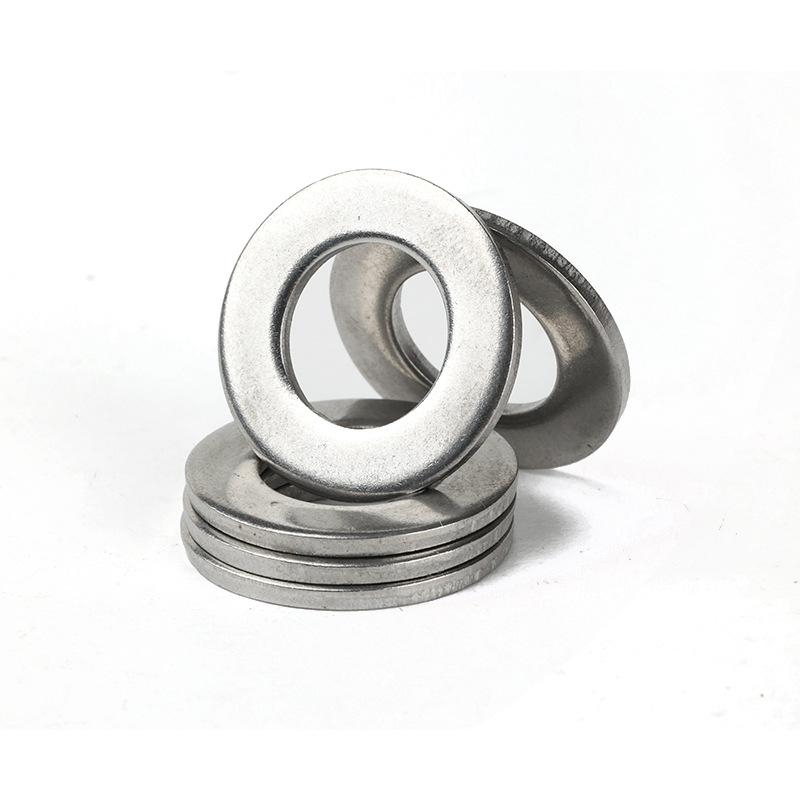

Techniques for Using Self-Drilling Screws for Wood and Metal Applications in Construction Projects
Aug . 14, 2024 04:06 Back to list
Techniques for Using Self-Drilling Screws for Wood and Metal Applications in Construction Projects
Self-Drilling Wood to Metal Screws A Comprehensive Guide
In the realm of construction and home improvement, the choice of fasteners plays a pivotal role in ensuring the strength and longevity of structures. Among various types of screws available, self-drilling wood to metal screws stand out for their efficiency and effectiveness. This article explores the characteristics, advantages, and applications of these specialized screws.
What Are Self-Drilling Screws?
Self-drilling screws, also known as self-tapping screws, come equipped with a drill bit-like tip that allows them to create their own hole as they are driven into materials. Unlike standard screws, which require a pre-drilled pilot hole, self-drilling screws simplify the installation process significantly. This feature is particularly beneficial when working with wood and metal, as it eliminates the need for multiple tools and reduces the time required for assembly.
Characteristics of Self-Drilling Wood to Metal Screws
Self-drilling wood to metal screws are designed specifically for joining wooden components to metal structures. They typically possess the following characteristics
1. Material These screws are commonly made from high-strength steel, often coated with zinc or other protective materials to resist corrosion. This is crucial for outdoor applications where exposure to moisture and elements can shorten the lifespan of metal fasteners.
2. Thread Design The threads on self-drilling screws are typically coarse and designed to grip various materials firmly. The unique design helps distribute stress evenly, reducing the risk of stripping or damaging the wood or metal being fastened.
3. Drilling Point The tip of self-drilling screws is engineered to penetrate metal surfaces effectively. This drilling point is a defining feature, allowing the screw to create its own pathway without the need for a pre-drilled hole.
4. Length and Diameter Variations These screws come in various lengths and diameters to accommodate different applications and material thicknesses. Selecting the right size is vital for ensuring a secure and stable connection.
self drilling wood to metal screws

Advantages of Using Self-Drilling Screws
1. Time Efficiency The primary advantage of self-drilling screws is their ability to cut down on installation time. The need for pre-drilling is eliminated, making the process faster and more straightforward.
2. Versatility These screws are versatile and can be used in a variety of projects, including fencing, decking, roofing, and metal framing. Their compatibility with both wood and metal extends their usability across different construction scenarios.
3. Strong Connection The design and material of self-drilling screws provide a robust connection between different materials. This strength is particularly important when structural integrity is crucial, such as in load-bearing applications.
4. Ease of Use Even those with limited experience in construction can use self-drilling screws effectively. This accessibility makes them popular among DIY enthusiasts and professional builders alike.
Applications
Self-drilling wood to metal screws are widely used in numerous applications. In residential construction, they are essential for fastening wooden frameworks to metal studs, attaching metal roofing to wooden structures, and building outdoor furniture. Additionally, they are commonly utilized in industrial and commercial settings for securing various metal components, providing a reliable connection between disparate materials.
Conclusion
Self-drilling wood to metal screws represent a remarkable advancement in fastening technology. Their unique design, efficiency, and versatility make them an ideal choice for a wide range of applications in both professional and DIY projects. By understanding their characteristics and advantages, builders can make informed decisions, ensuring that their constructions remain sturdy, secure, and long-lasting. Whether you are a seasoned contractor or a novice DIYer, incorporating self-drilling screws into your toolkit can lead to outstanding results and greater satisfaction in your construction endeavors.
Latest news
-
High-Strength Hot-Dip Galvanized Bolts-Hebei Longze|Corrosion Resistance&High Strength
NewsJul.30,2025
-
Hot Dip Galvanized Bolts-Hebei Longze|Corrosion Resistance&High Strength
NewsJul.30,2025
-
Hot Dip Galvanized Bolts - Hebei Longze | Corrosion Resistance, High Strength
NewsJul.30,2025
-
High-Strength Hot Dip Galvanized Bolts-Hebei Longze|Corrosion Resistance, Grade 8.8
NewsJul.30,2025
-
Hot Dip Galvanized Bolts-Hebei Longze|Corrosion Resistance,High Strength
NewsJul.29,2025
-
High-Strength Hot Dip Galvanized Bolts - Hebei Longze Metal Products Manufacturing Co., Ltd.|corrosion resistance&high strength
NewsJul.29,2025

